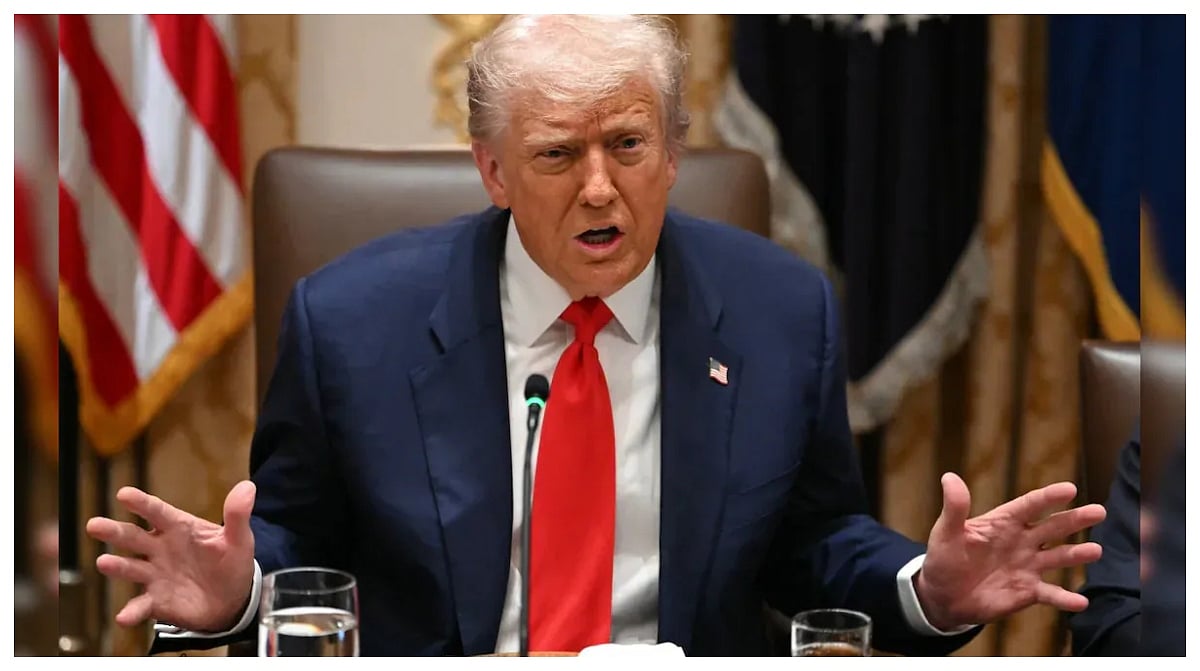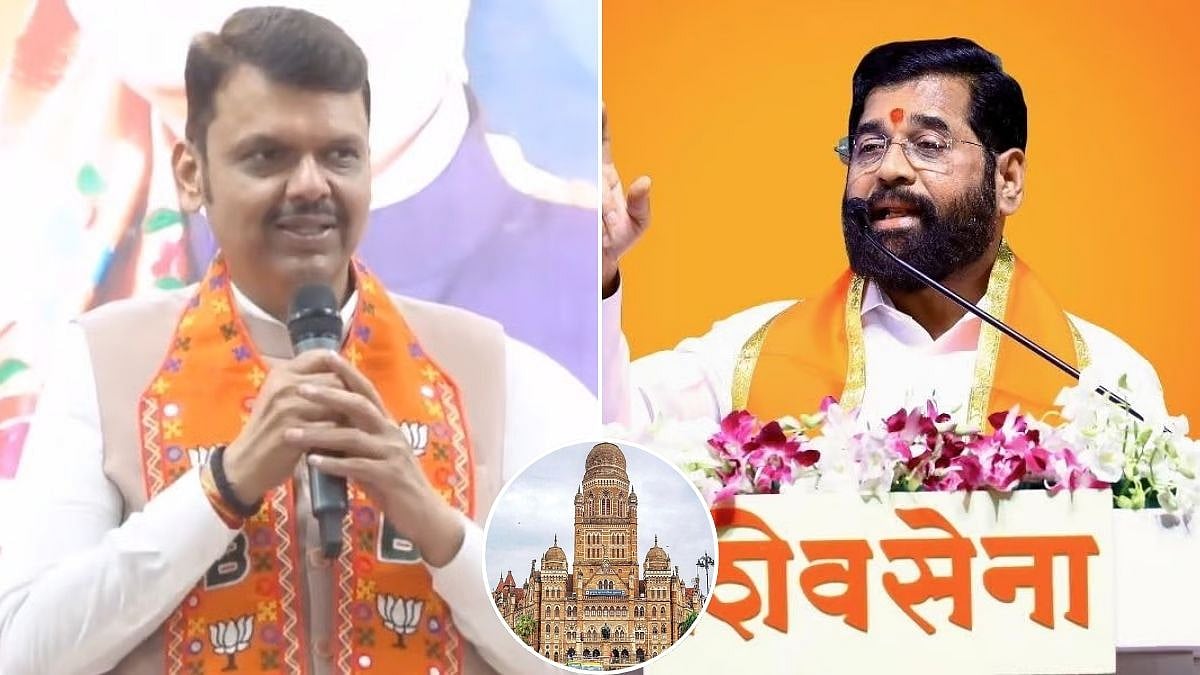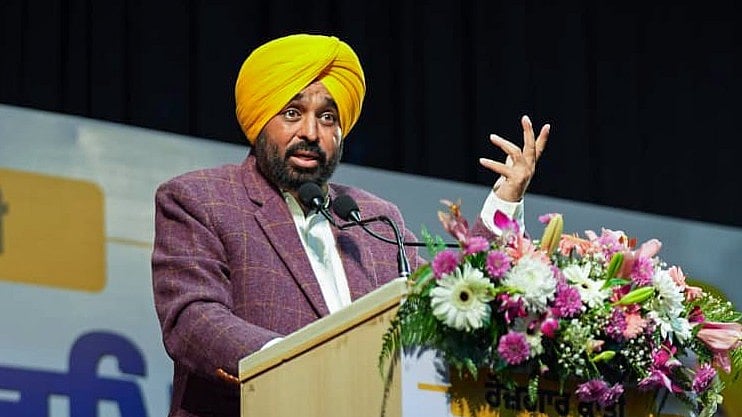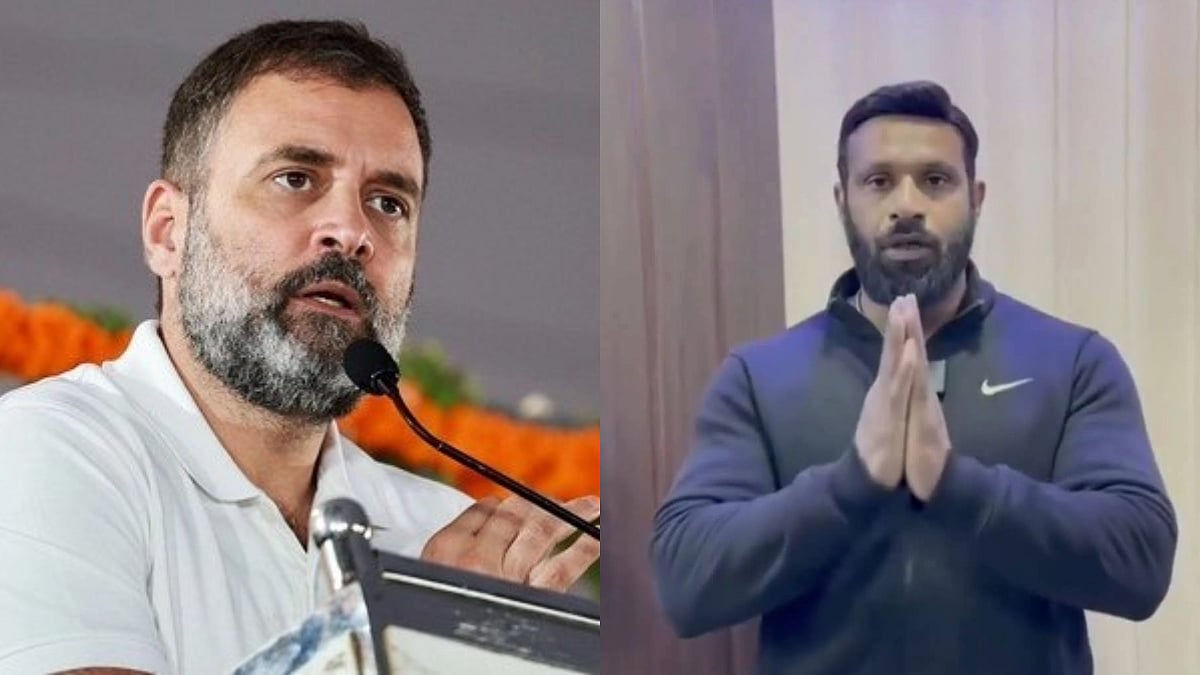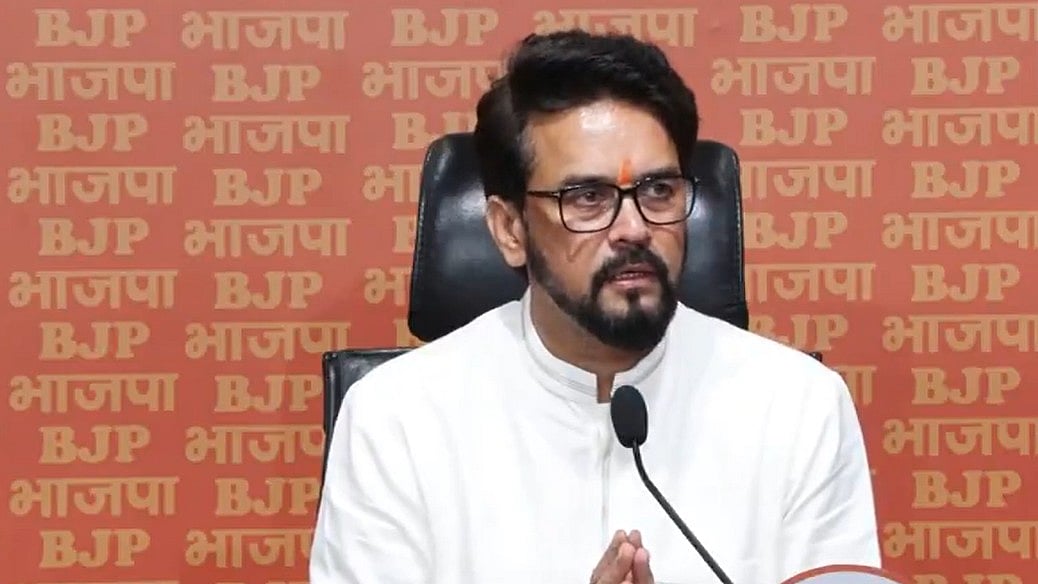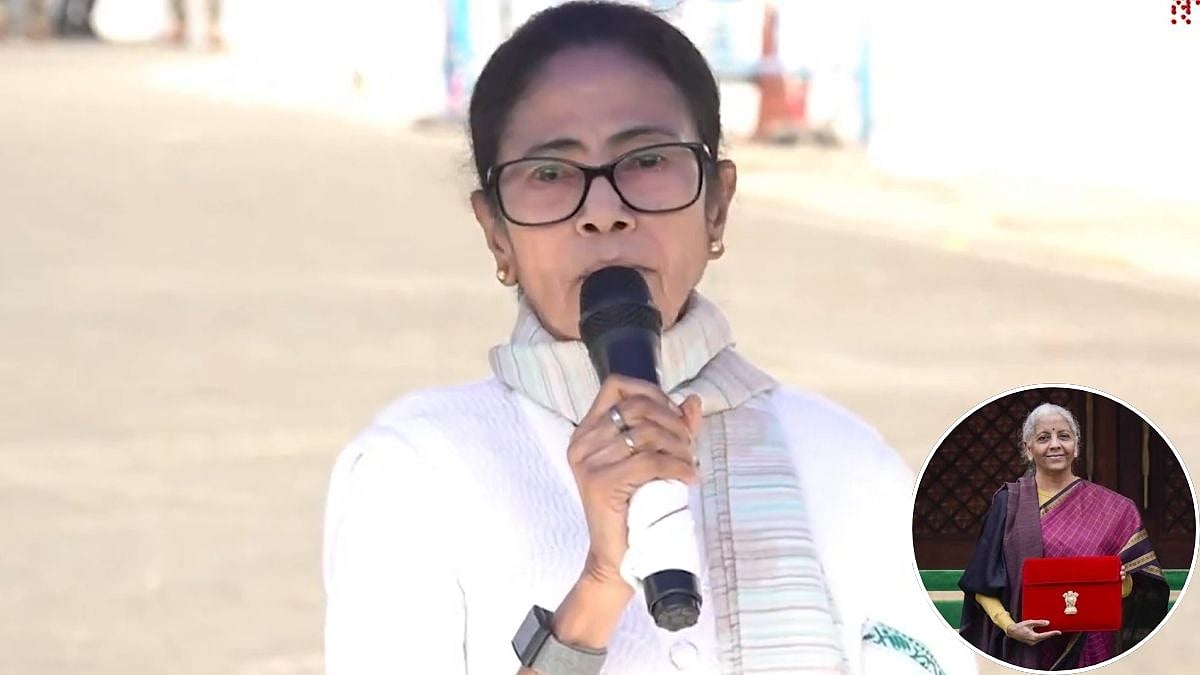The Supreme Court has ruled that an arrest under the Goods and Services Tax (GST) Act cannot be made solely on suspicion. Authorities must have substantial evidence and a justified belief that a cognizable and non-bailable offence has been committed before making an arrest reports Live Law.
Arrests under GST cannot be made just to investigate if a crime has taken place. The Supreme Court made it clear that officials must first confirm through material evidence that the conditions outlined in Section 132(5) of the GST Act are met. If an arrest is made without proper justification, it will be considered illegal.
For an arrest to be valid, specific conditions must be met. The offence must be listed under clauses (a) to (d) of Section 132(1) of the Act. Additionally, the amount of tax evasion, wrongful input tax credit, or fraudulent refund claimed must exceed Rs. 500 lakhs.
The Commissioner must document clear "reasons to believe" that a non-bailable offence has been committed, supported by credible evidence. The Supreme Court emphasized that every arrest order must be backed by proper documentation. The Commissioner must explicitly outline the reasons and provide a detailed tax fraud computation to justify the arrest. If the reasons are not clearly recorded, the arrest can be challenged in court.
The Court also mandated strict adherence to guidelines issued by the Central Board of Indirect Taxes and Customs (CBIC), including the circulars dated 17.08.2022 and 13.01.2025. These circulars outline key procedures such as explaining the grounds of arrest in writing, providing a copy of the arrest memo to the arrested individual, notifying a nominee, ensuring health and safety measures, and following special procedures for women.
A Supreme Court bench comprising Chief Justice of India Sanjiv Khanna, Justice MM Sundresh, and Justice Bela Trivedi reiterated that arrests under GST must not be arbitrary. They must be based on concrete proof, with clear documentation of tax computations.
Any deviation from the prescribed procedures will be considered a violation of the law. This ruling has major implications for tax authorities, reinforcing that arrests under GST should only occur when due process is followed. It ensures that individuals are not wrongly detained based on mere allegations but only when sufficient evidence supports the charge.

